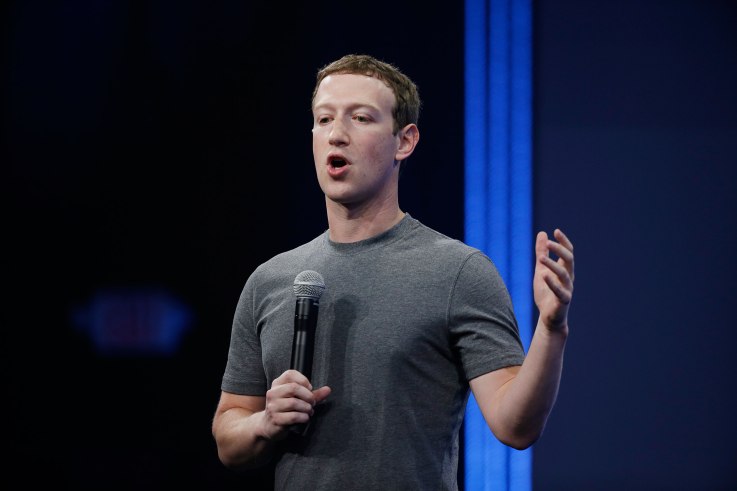
On Tuesday, Facebook co-founder and CEO Mark Zuckerberg posted a powerful announcement — not only did he reveal the birth of his daughter, Max, but he shared plans to give up 99% of his personal Facebook shares over the course of his lifetime and use them to fund causes through a newly formed entity called Chan Zuckerberg LLC.
The revelation generated a lot of attention, much of it due to the sheer volume of Zuckerberg’s net worth — $45 billion! While many people, including Bill Gates and Michael Bloomberg, praised him for his generosity, others expressed confusion and even questioned his motives for giving his money away.
Looking to alleviate some of those concerns, in a post Thursday, Zuckerberg clarified how he and his wife Priscilla Chan, plan to delineate their funds.
“Our initial focus areas are personalized learning, curing disease, connecting people and building strong communities. We’ve already made many investments over the past five years in these areas — education, science, health, internet access and inclusion — and you can see a summary of our investments on the Chan Zuckerberg Initiative page timeline.”
Zuckerberg addressed the allegations that forming this organization was a way to avoid taxes — he explained that by structuring the Chan Zuckerberg entity as an LLC, that their shares will still be taxed.
“By using an LLC instead of a traditional foundation, we receive no tax benefit from transferring our shares to the Chan Zuckerberg Initiative, but we gain flexibility to execute our mission more effectively. In fact, if we transferred our shares to a traditional foundation, then we would have received an immediate tax benefit, but by using an LLC we do not. And just like everyone else, we will pay capital gains taxes when our shares are sold by the LLC.”
He also says that this “for profit” structure allows them to make investments that will continue to fuel their objectives.
“This enables us to pursue our mission by funding non-profit organizations, making private investments and participating in policy debates — in each case with the goal of generating a positive impact in areas of great need. Any net profits from investments will also be used to advance this mission….For example, our education work has been funded through a non-profit organization,Startup:Education, the recently announced Breakthrough Energy Coalition will make private investments in clean energy, and we also fund public government efforts, like the CDC Ebola response and San Francisco General Hospital.”
Some of Zuckerberg’s early attempts at philanthropy were also met with controversy, particularly his $100 million gift to Newark schools, which faced challenges in its execution. But with $45 billion to experiment with, let’s hope that much of this money ends up doing some good.
Zuckerberg previously signed The Giving Pledge, promising to give away over half his fortune, along with Richard Branson, Warren Buffett and other billionaires.
By timing the latest announcement with the birth of his baby, it seems that Zuckerberg is trying to send a message that he’s not hoarding his personal fortune for the next 100 generations of Zucks.

Comments
Post a Comment